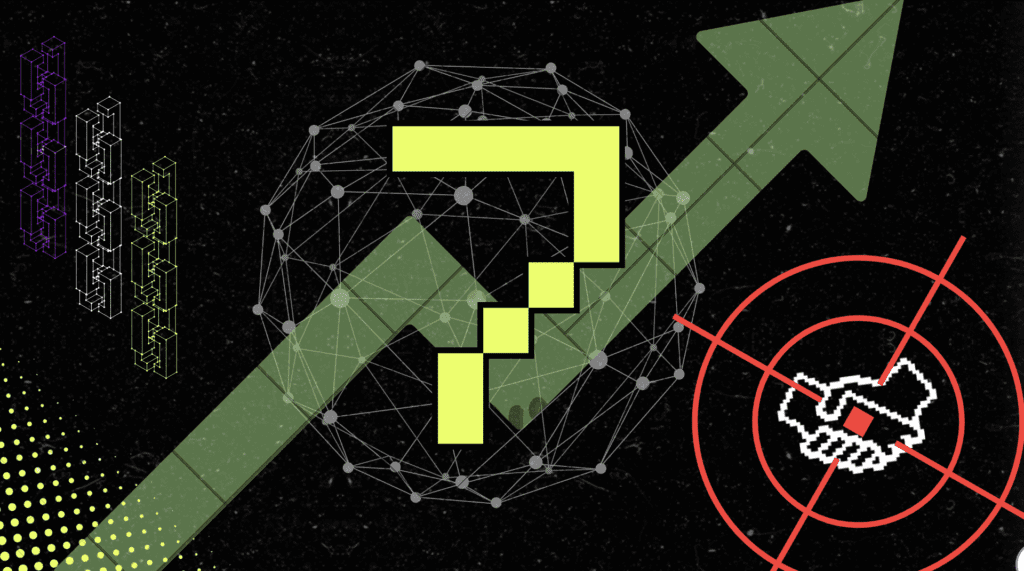-
 By
thekollab
By
thekollab
- Updated: October 15, 2025
- 3 min read
Breaking: CoinBureau take ownership position in theKOLLAB
October 15, 2025
Breaking: CoinBureau take ownership position in theKOLLAB
October 15, 2025


